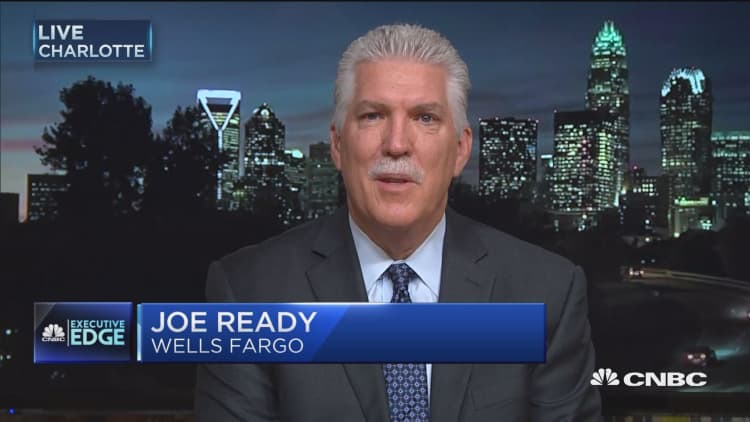
When it comes to saving for retirement, student loan debt may not be an insurmountable hurdle.
While student loan debt hurts borrowers' balance sheets, by age 30, the difference between their retirement assets and those of debt-free grads was "statistically insignificant," according to early findings from the Center for Retirement Research at Boston College, released Friday at a retirement symposium in Washington, D.C.
Researchers studied the savings patterns of 8,984 older millennials who were born between 1980 and 1984, analyzing their levels of student loan debt held at age 25 and retirement plan participation and assets at age 30.
Student loan debtors and nondebtors have similar rates of participation in their retirement plans, they found — close to two-thirds of those groups were contributing to a 401(k) savings plan.
By age 30, graduates without student loans had accumulated a median $18,270 in retirement assets, compared to $10,360 for those with student loans.
That seems like a substantial gap. But after controlling for factors including grads' salaries, demographics and employer size, the relationship between retirement assets and outstanding student balances is not statistically significant, said study co-author Matthew S. Rutledge, research economist at the Center for Retirement Research.
"It's OK to keep a manageable level of debt in favor of establishing retirement savings and good habits, building on compound interest and not forgoing your match," said Rutledge. "Don't ignore your loans, but don't get too anxious about them."
That said, researchers found that student loan debt can still have a sizable effect on your overall financial picture.
Graduates who took out educational loans tend to have more of other types of debt by age 30, with a median $10,776 owed. In comparison, college graduates without student loans held a median debt load of $4,800.
Student borrowers had accumulated fewer nonretirement assets, too — a median $5,000 by their 30th birthday, compared with $11,190 among grads without student loans.
Worries about student loan debts may also prompt consumers to hold off on other goals. More than 40 percent say their debt has delayed their purchasing a home, according to a Student Loan Hero analysis of 1,427 adults.
To stay on track, grads with student loan debt need to balance the competing goals of zeroing out that balance while building retirement savings and amassing an emergency fund, said Elizabeth Scheiderer, a certified financial planner with NCA Financial Planners in Cleveland.
Start off by contributing enough to get the full employer match and making the minimum payments on loans while you build an emergency fund, she said. Once you have enough emergency savings set aside, then make equal increases to your retirement contributions and student loan payments.
"People who are getting a medical degree, an MBA, or really any doctorate, will have longer careers to make up for time missed in the beginning," said Rutledge "Save for retirement, get an employer match and pay down your loans."



